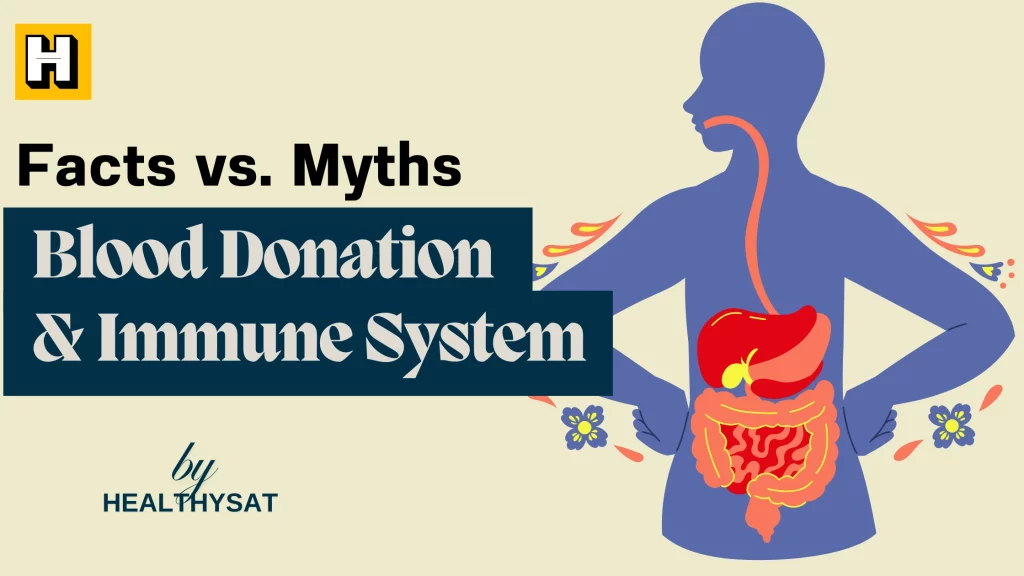Water is essential to life, and it is important to know what qualities to look for when choosing the best water for your health. With so many different types of water available, it can be difficult to know which one is right for you. In this article, we will explore the qualities of good water and how to choose the best type for your needs.
What is Good Water?
Good water is water that is safe to drink and contains beneficial minerals that are essential for good health. It should be free from harmful contaminants like bacteria, viruses, and chemicals and have a balanced pH level.
1. Clean and Clear
Good water should be clean and clear. It should not contain any visible particles, sediment, or cloudiness. Water that is clean and clear is usually safe to drink and does not require additional filtration.
2. Balanced pH
The pH level of water is a measure of its acidity or alkalinity. Good water should have a balanced pH, ideally between 6.5 and 8.5. Water that is too acidic or alkaline can harm health and cause digestive problems.
3. Free from Contaminants
Good water should be free from harmful contaminants like bacteria, viruses, and chemicals. The water should be tested regularly to ensure it meets the Environmental Protection Agency (EPA) standards.
🌿 Wellness at Your Fingertips! 🌿
Get daily health tips, mindful morning routines, and nutrition reminders straight to your WhatsApp.
🍏 Join Wellness UpdatesFree science-backed health tips delivered daily
4. Mineral Content
Good water should contain essential minerals, such as calcium, magnesium, and potassium, that are beneficial for good health. These minerals help to maintain healthy bones, prevent heart disease, and support the immune system.
5. Source
The source of water is an essential factor in determining its quality. Water from a clean and natural source such as a spring or well is usually good quality. On the other hand, water from polluted sources such as rivers or lakes may contain harmful contaminants that can cause health issues. Therefore, it is essential to know the source of your water and ensure it is safe and healthy.
6. Fluoride Addition
Fluoride is a mineral added to drinking water to prevent tooth decay. Fluoride helps to strengthen tooth enamel and prevent the growth of harmful bacteria that can cause cavities. However, excessive fluoride can cause dental fluorosis, which causes white spots or brown stains on the teeth. Therefore, it is essential to ensure that the water you drink contains the optimal level of fluoride for dental health.
- Classes of Food with Examples: A Comprehensive Guide to Understanding Nutrition
- 5 Best Cream for Dark Skin In Nigeria
- Is Zobo Drink Good for Pregnant Women?
- How to Look Attractive as a Girl And Boost Your Confidence
- Malaria and Typhoid Symptoms: Understanding the Differences and Similarities
Types of Good Water
Several types of good water are available, each with its unique qualities and benefits.
Spring Water
Spring water comes from natural springs and is usually free from contaminants. It has a balanced pH level and contains beneficial minerals. Spring water is a good choice for drinking and cooking.
Mineral Water
Mineral water comes from natural springs and contains high levels of minerals such as calcium, magnesium, and potassium. It is beneficial for good health and can help to maintain healthy bones and prevent heart disease.
Purified Water
Purified water is water that has been treated to remove impurities and contaminants. It may be treated using reverse osmosis, distillation, or carbon filtration. Purified water is a good choice for drinking and cooking.
Alkaline Water
Alkaline water has a higher pH than regular water, usually between 8 and 9.5. It is believed to have several health benefits, such as reducing acid reflux and improving digestion. However, more research is needed to confirm these benefits.
How to Choose Good Water
When choosing good water, there are several factors to consider, such as taste, mineral content, and price.
1. Taste
The taste of water can vary depending on its source and treatment. Some people prefer the taste of spring water, while others prefer the taste of purified water. Choosing water, you enjoy drinking is important, as you are more likely to drink more of it.
2. Mineral Content
The mineral content of water can vary depending on its source. Some types of water, such as mineral and spring water, contain high levels of beneficial minerals, while others, such as purified water, may have lower levels. When choosing water for your health, it is important to consider the mineral content.
3. Price
The price of water can vary depending on its source and treatment. Some types of water, such as spring and mineral water, may be more expensive than purified water. It is important to choose water that fits within your budget.
Conclusion
In conclusion, good water is essential for good health and should be free from contaminants, have a balanced pH level, and contain beneficial minerals. Several types of good water are available, such as spring water, mineral water, purified water, and alkaline water, each with unique qualities and benefits.
When choosing good water, it is important to consider factors such as taste, mineral content, and price. You can support your overall health and well-being by choosing good water and staying hydrated.
Frequently Asked Questions
1. Is tap water safe to drink?
Tap water is generally safe to drink in the United States but may contain small amounts of contaminants, such as lead, chlorine, and fluoride. The EPA regulates the levels of these contaminants, and the water is treated to remove or reduce them. However, if you have concerns about tap water quality, you can have it tested or use a home water filtration system.
2. Can I drink too much water?
Yes, it is possible to drink too much water, which can lead to a condition called hyponatremia or water intoxication. This occurs when the sodium levels in the body become too diluted, leading to headaches, nausea, and confusion. Drinking water in moderation and listening to your body’s thirst signals is important.
3. Can I get enough minerals from drinking water?
Water can be a good source of essential minerals, such as calcium, magnesium, and potassium. The mineral content of water can vary depending on its source, and some types of water, such as mineral water and spring water, contain higher levels of minerals than others.
4. Is alkaline water better for you than regular water?
The benefits of alkaline water are still being studied, and more research is needed to determine its potential health benefits. Some studies suggest that alkaline water may help to reduce acid reflux and improve digestion, but these benefits have not been confirmed. Choosing the water you enjoy drinking that fits your budget is important.
5. How much water should I drink each day?
The amount of water you should drink daily depends on several factors, such as age, gender, activity level, and climate. As a general guideline, the Institute of Medicine recommends that men drink 3.7 litres (about 13 cups) of water per day and women drink 2.7 litres (about 9 cups) of water per day.
However, this can vary depending on your needs and should be adjusted accordingly. It is important to listen to your body’s thirst signals and drink water throughout the day to stay hydrated.










